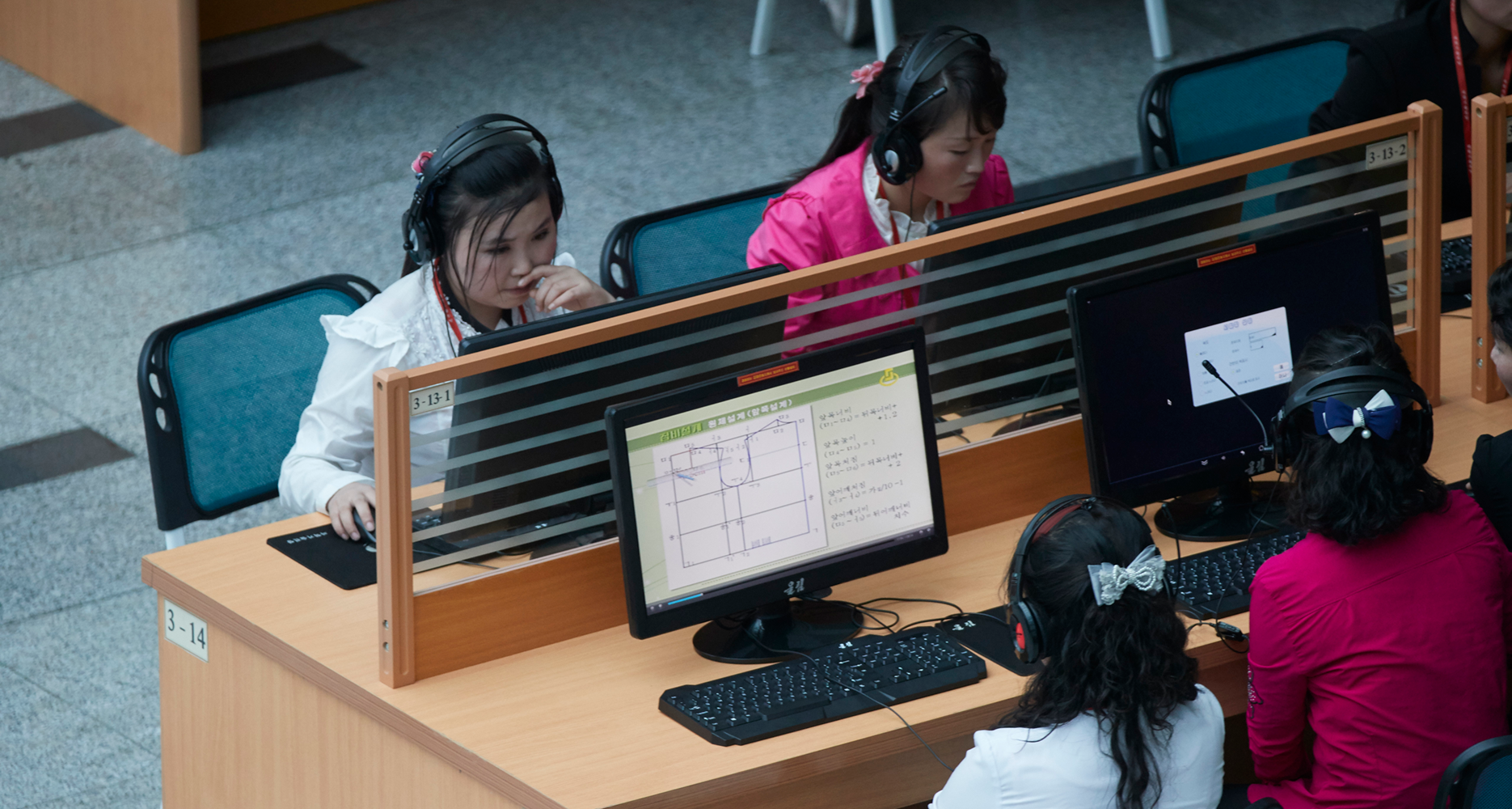Cyber Espionage Alert: North Korean Agents Breach US Mortgage Agencies

In a startling revelation, the U.S. government has uncovered a sophisticated cyber infiltration by North Korean operatives targeting major mortgage loan companies. The Federal Housing Finance Agency (FHFA) recently disclosed that North Korean workers have successfully penetrated the internal systems of prominent financial institutions Fannie Mae and Freddie Mac.
The agency's head has confirmed that criminal referrals have been filed against several North Korean and Chinese individuals involved in this brazen cyber intrusion. This discovery underscores the escalating threat posed by North Korea's remote workforce, which has become increasingly adept at infiltrating sensitive financial infrastructure.
The breach highlights the growing cybersecurity challenges faced by U.S. financial institutions, revealing the complex and evolving nature of international cyber espionage. As tensions continue to simmer, this incident serves as a stark reminder of the sophisticated tactics employed by state-sponsored actors seeking to compromise critical economic systems.
Authorities are now investigating the full extent of the infiltration and potential damage caused by these unauthorized access attempts, signaling a heightened state of vigilance in protecting national financial networks.
